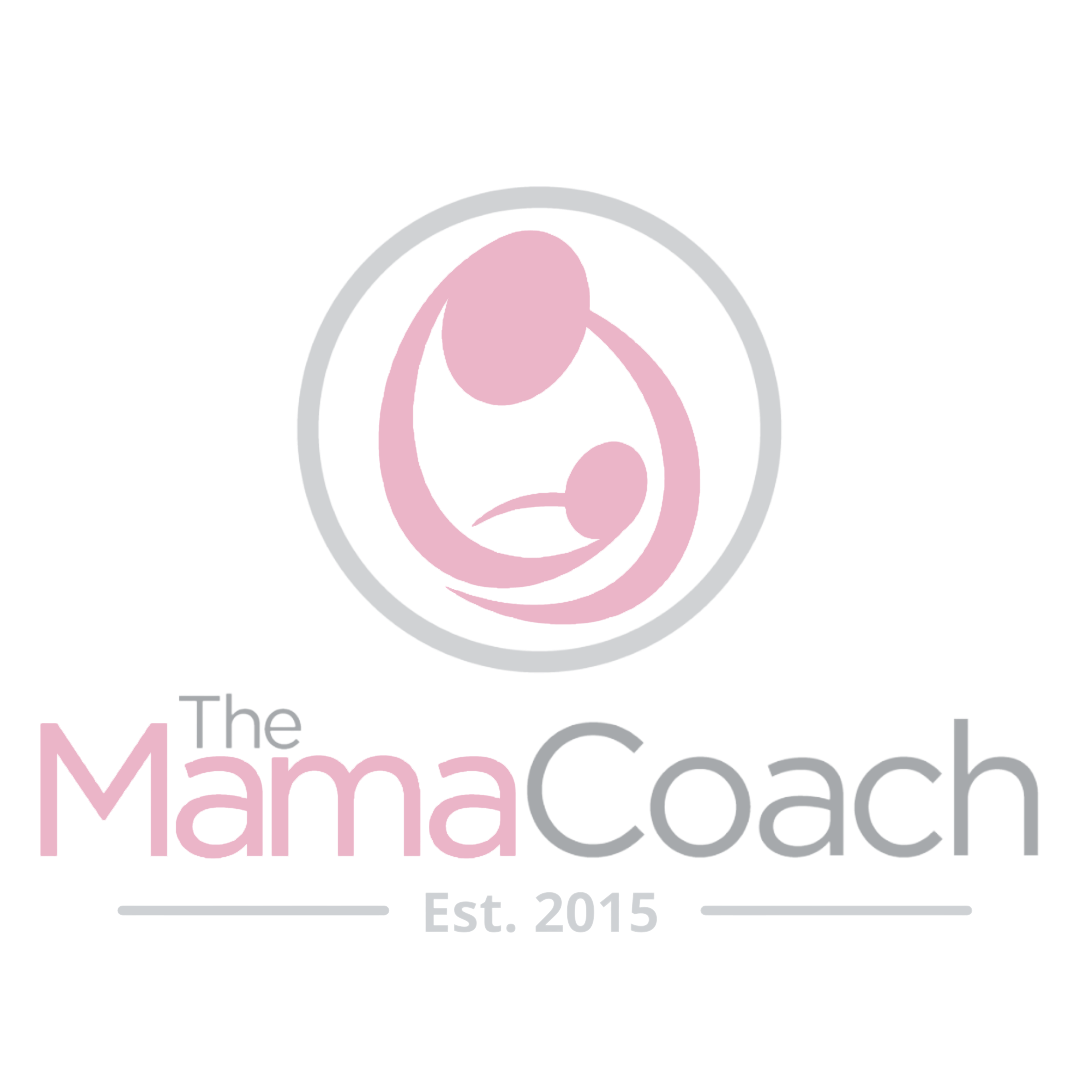You become pregnant and get all kinds of unsolicited advice. Become a parent and wow, the advice comes at you from all angles. The grocery store, the internet, at work, and your family; you hear it from everyone. Although usually well-intentioned, it can be overwhelming. Every mama has her own style of parenting and what may work for others may not work for you.
This makes me think of my grandmother. A lovely woman, who breastfed all 6 of her babies. She firmly believed that once they started biting, that was the end of their breastfeeding relationship. Teeth equaled weaning. This didn’t sit well with me as I knew that teething happens around 6 months and I had planned to nurse my little guy way longer than that. But her words echoed in my mind the day my babe clamped down and bit me! Ouch! It is a normal reaction to scream, as it startles you the first time it happens. Some babies never bite, and some try it all too frequently. Babies were made to breastfeed with teeth- it is possible to have a good latch and never feel their chompers. Here are some tips to manage breastfeeding when your babe starts biting.
Meet Teething Needs
Teething hurts! Although we don’t remember, watching our little ones go through it makes it evident it is uncomfortable. Chewing provides comfort, and unfortunately, that can happen when you’re nursing. Watch your baby when he’s feeding. Is he taking big sucks and swallows? That means he is actively feeding. When it slows to more of a flutter and he is bobbing on and off your breast, his belly is probably full. The chances of him biting are higher when he is just playing at the breast. So gently break the suction (by sticking your pinky finger in his mouth), and provide a cool cloth for him to chew on, or a teether to chew and suck on.
Avoid a Big Reaction
Easier said than done, but a strong response like screaming can look really funny to your little one. If he sees he gets a reaction from you, he may try round two of his comedy act. Try to keep a straight face and remain calm.
Hold Your Baby Closer
When he bites, it can be impulsive to push him away, instead try bringing him closer. It will dull the pain of the bite, and lessen the effects for him, making him less likely to do it again.
Take him off the breast
If he is repeatedly biting, gently take him off the breast. Don’t raise your voice, get angry, or react. Just gently tell him no. If he realizes nursing ends when he bites, he will hopefully stop biting. You can always offer the breast a short time later.
Realize It’s a Phase
Like most things, biting will most likely be a phase. Yes, it will be a challenge for your nipples, but you will get through it. If you notice teeth marks or small blisters or bleeding from biting, ice your nipples post-feed. Feed on the unaffected side first, as your baby will be more vigorous at the beginning of a feed. Watch for hunger cues and feed your baby when he is hungry. If he is playing with the nipple more than feeding, offer alternatives. Fill a mesh feeder (one that is safe and approved for babies) with frozen fruit or ice and let him suck and chew. It will provide more relief than your nipple!
Some babies clamp down on the nipple when the flow of milk slows or is too fast. Be mindful of your supply. If you have tons of milk and your baby sputters and chokes at the breast, he could be biting the nipple to slow the flow. If this is the case, spray your jet down into a towel then relatch the baby. If your baby is crying at the breast, weight gain slows, and is unsettled, he may bite because he feels the flow is slow or not sufficient.
If you are concerned your supply may be the reason for biting, reach out to your closest Mama Coach for a feeding assessment and consultation!


